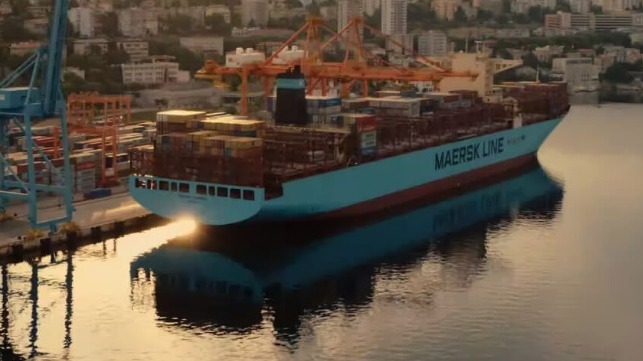Volvo Cars Switches to Biodiesel for Ocean Freight and Spare Parts

Manufacturers and shippers are increasingly taking the leadership working with their carriers and logistics providers to respond to the growing pressures and consumer calls to decarbonize all elements of their operations. Swedish manufacturer Volvo Cars is at the forefront of this effort announcing as of June first they have switched to renewable fuels to reduce CO2 emissions linked to their ocean transport of parts and materials.
“Renewable fuel is not the end game for removing CO2 from the world’s ocean freight needs. Yet this initiative shows that we can act now and implement solutions that achieve significant results during the wait for long-term technological alternatives,” said Javier Varela, Chief Operating Officer and Deputy CEO of Volvo Cars. “We want to spark other car makers into action as well, to increase demand for carbon-efficient ocean transports and to establish renewable fuels as a mid-term solution that works.”
Working with logistics partners Maersk, Kuehne+Nagel, and DB Schenker, renewable fuels will be used for inbound container transports of production materials destine for Volvo’s manufacturing plants, as well as all spare parts distribution made globally by ocean transports. Volvo calculates that this transition will achieve an immediate reduction in fossil CO2 emissions from intercontinental freight by 55,000 tons a year.
The logistics companies will use Fatty Acid Methyl Esters (FAME) fuels based on renewable and sustainable sources, mainly waste cooking oil. No feedstock related to palm oil or palm oil production will be used and Volvo reports the fuel will be certified including to ensure it is not produced in competition with food crops. It will be sustainable in accordance with the EU Renewable Energy Directive.
Maersk reports that it alone transports almost 15,000 containers each year for Volvo Cars and will now transport them under its ECO Delivery Ocean program that employs second-generation biodiesel. Maersk estimates that its portion of the effort will reduce emissions by 28,000 tons within the next twelve months.
The program will operate under an approach known as mass-balancing. When renewable fuel is not available on a specific shipment, Volvo’s renewable fuel allocation is instead used by the logistics partner for another customer’s route. The result is the overall cut in fossil fuel use is kept on par with actual use in container vessels to offset the Volvo shipment elsewhere where biodiesel fuel is available. The biodiesel used is expected to reduce emissions by 84 percent compared to traditional fossil fuel.
